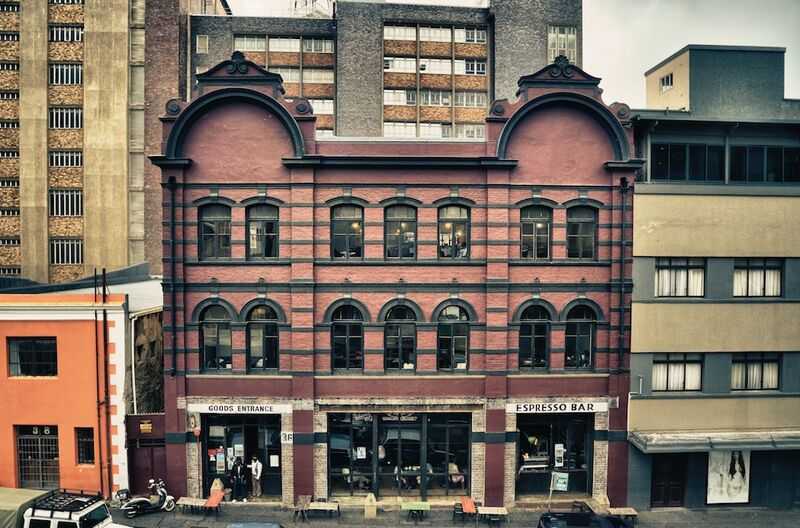Like many South Africans, Pardon Sibanda used to think coffee was a watery instant beverage that needed sugar to make it tolerable. Now, he’s among a growing revolution of young, black baristas in Johannesburg who are leading this nation’s coffee revolution.
The new generation of coffee drinkers, many of them young, black and upwardly mobile, are wrinkling their noses at wan, syrupy swill and asking for chic, pared-down concoctions with single-origin, fair-trade beans.
“I used to put six sugars in my coffee because I used to believe that coffee is bitter,” Sibanda joked as he expertly pulled a cappuccino with freshly roasted beans and, with a flick of his wrist, drew a pattern in the foam. “But as I learned more about coffee, I started reducing, until today, I’m not drinking any more sugar.”
Sibanda isn’t the only South African who is waking up to better coffee.
“South Africa is joining the coffee revolution and slowly escaping its faintly embarrassing instant coffee roots,” said market research group Insight Survey in a recent report on coffee.
The study noted “impressive” growth in South African coffee shops in the past two years, with a 7 percent jump in income.
This was evident when coffee giant Starbucks opened its first African store in Johannesburg in April. South Africans of all colors waited for hours for the mega-chain’s distinctive white and green cups.
Coffee roaster Wayne Burrows of Johannesburg’s Urban Grind roastery says South Africa’s new generation of drinkers is more interested in what’s in the cup, and where it came from.
That, he said, is what makes South Africa’s coffee revolution different.
“I want to know the farmer who picked this coffee, the farmer who processed this coffee so that I can better describe that to the customer at the end of the day who is drinking the coffee,” he said.
“And the only reason why that is taking place is that the customer is becoming more discerning. They want to taste better coffee. They want to experience better coffee… They are asking questions about, ‘How sustainable is this coffee?…How are we working with this coffee?’ And this is the new wave that has hit.”
Burrows is, to put it mildly, an artisanal coffee evangelist. His first cup of the morning involves carefully weighing and grinding newly roasted beans to three different consistencies (all the better to percolate, he says), brewing it through a Japanese-style drip method that looks like a chemistry set, and tasting it as carefully as an expert sommelier might sip fine wine.
Jermina Kgole says she was shocked to realize she is another such convert.
“I used to drink the instant coffee, like Ricoffee, Nescafe, and I couldn’t even tell the difference,” she said. Today, Kgole manages The Perfect Cup, one of Johannesburg’s best coffee shops.
Her love for the bean is deep. Coffee, she says, has the power to bring people in this divided nation together. Growing up in apartheid South Africa, she says coffee was never part of her culture. Now, she says, many of her regular customers are black, and they often request African-grown beans.
“I think it has changed, because the black people now, they are starting to drink it and they like it,” she said.
Likewise, the face of coffee-craft in South Africa is changing; of the six top baristas in Johannesburg, four are black.
Kgole, however, says she wasn’t thinking of social and economic change when she took her first sip of a frothy cappuccino in 2010.
It wasn’t just a cup of coffee; she says it changed her life.
“Once you taste the real coffee,” she said, smiling in recollection, “you can’t go back.”
Anita Powell
















